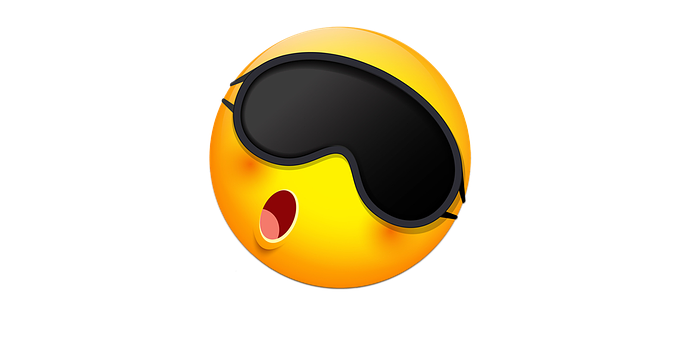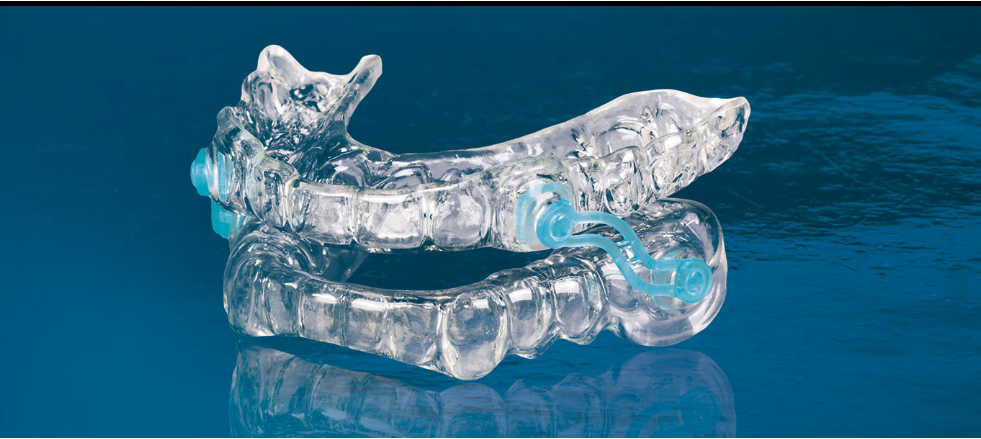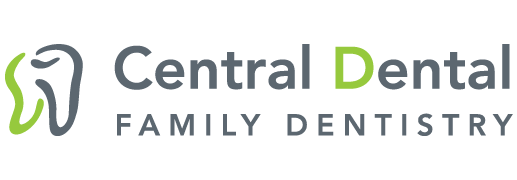
We all know at least one snorer. Maybe it was dad or grandma who sounded like an engine revving as soon as they fell asleep. Maybe it was the brother or sister you had to share your room with growing up, or your best friend sleeping over. Maybe it’s your partner – the person you’ve chosen to spend the rest of your life with. Or maybe it’s all of the above (which, if this is the case, we can certainly sympathize). And, perhaps most relevantly, maybe it’s you who is snoring up a storm every night.
You certainly wouldn’t be alone: Snoring effects nearly 160 million people in North America. But the problem is that snoring is more than just an annoying trait; something people simply have to learn to live with. It could be a tell-tale sign of obstructive sleep apnea, which can have dire effects on productivity, health, and longevity.
There are two main types of sleep apnea:
Obstructive Sleep Apnea (OSA), which is the more common form of sleep apnea, is the result of blocked airflow during sleep. This is caused by soft tissue collapsing at the back of the throat.
Central Sleep Apnea occurs when the brain fails to signal the throat muscles correctly, i.e. the airway is not blocked, the muscles simply don’t get the message to breathe. This type of sleep apnea can occur with conditions such as heart failure, brain tumors, brain infections, and stroke.
We’ll focus on OSA for now, as it is not only more common, but also one we can help you with here at Central Dental.
Snoring, sleep apnea, your dentist, and you
It’s important to note that anyone, at any age, can be susceptible to the effects of sleep apnea – though men are the more common sufferers. Other factors play a role as well: risk of sleep apnea typically increases after the age of 40 and is also more common in those who are overweight, have large tonsils, a large tongue, or a small jaw, have a family history of sleep apnea, or suffer from nasal obstruction (commonly as a result of a deviated septum, day-to-day allergies, or sinus problems).
Sleep apnea can result in more than a few health problems if it goes untreated: High blood pressure, which can lead to stroke, is common, as well as heart problems such as heart failure, irregular heartbeat and heart attack. Diabetes, depression, and aggravation of ADHD symptoms have all been associated with sleep apnea as well.
(Read more about health effects here: The Effects of Sleep Apnea on the Body)
But the good news is, OSA can be treated – as we mentioned earlier. There are several options to help diminish the effects of sleep apnea that you can do on your own, including a simple adjustment of your sleeping habits – going to bed earlier, using a different pillow, not sleeping on your back, etc.
Sometimes, however, that isn’t enough. There are also devices available to help you improve breathing during sleep. The Continuous Positive Air Pressure (CPAP) supplies air through your nasal passages, and the pressure helps to keep the airway open while sleeping to avoid blockage.

But oral appliances are your best option
This, however, is not the best treatment either: With the CPAP system, a patient must hook up a mask and hoses to a machine that is often noisy and uncomfortable, and can also impede a good nights’ sleep – especially for those who toss and turn throughout the night.
CPAP machines became the common treatment due to a lack of knowledge of other options (e.g. oral appliances).
Oral appliances are the best way to go in treating sleep apnea – whether it’s a mild/moderate case, or a more pressing, persistent, and/or severe case. These devices can shift and support the jaw to prevent the airway from collapsing, and thus can successfully prevent sleep apnea. It is a fairly simple, and straight forward device that ultimately helps reposition the jaw to solve the problem at its core.
We offer to make patients a number of different appliances designed to greatly lessen snoring and to help you get the rest you need. These appliances are traditional mandibular advancement appliances that help reduce or eliminate snoring by moving the lower jaw forward, opening the airway to allow air to flow more freely. These devices include Silent Nite Side-Link, TAP and EMA.
A new device, the aveoTSD, offers a different approach by gently holding the tongue forward using gentle suction, preventing it from falling back into the throat and impeding the airway.
Get in contact with us here to discuss further how we can best assist you, or schedule an appointment at our Central Dental offices.
We’re always here to help.

